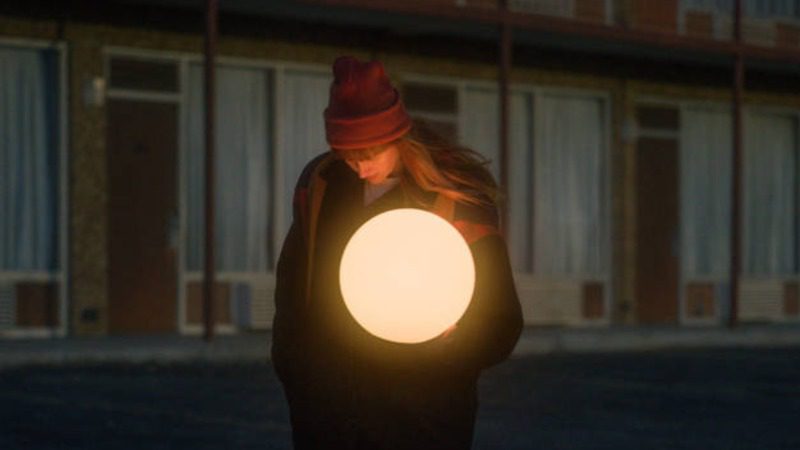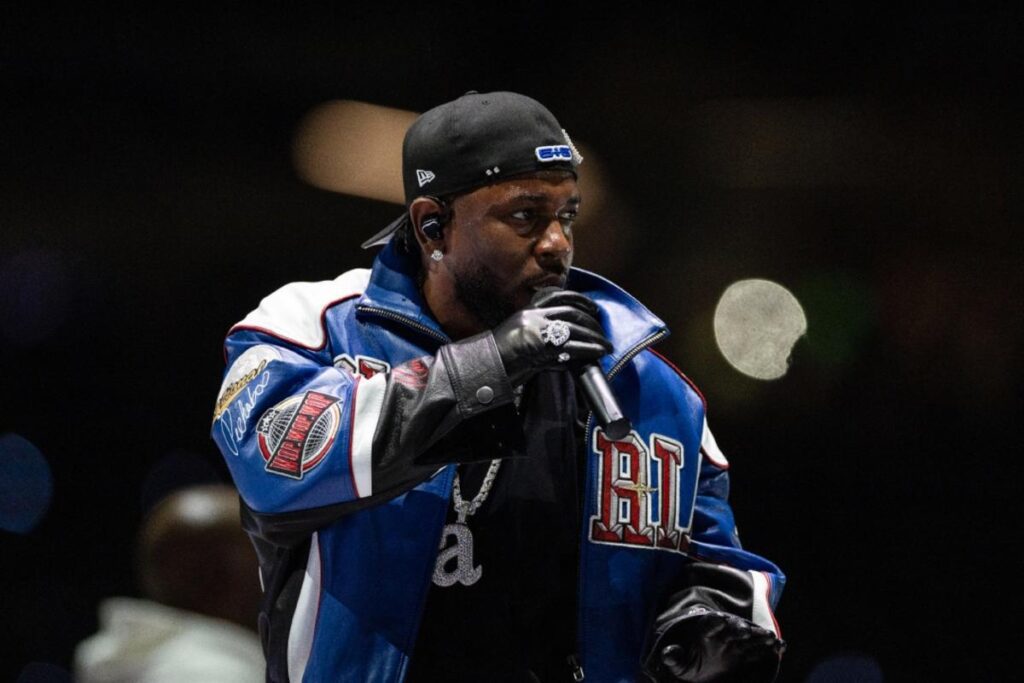Jenn Wasner has spent much of her career navigating collaboration, from Wye Oak, the genre-blending indie-rock duo she formed with her high school friend Andy Stack, to her recent work with Dijon and Bon Iver on Baby and SABLE, fABLE. Across projects, her voice and guitar reveal a distinctive versatility, seamlessly moving between shoegaze tones, synth structuring, prismed vocals, and folk sensibilities. With The Life You Save, Wasner turns inward, channeling that breadth of experience into her most introspective record to date.
She gradually shifts the spotlight onto herself as Flock of Dimes, and Head of Roses (2020) marked a shift in her self-understanding: honestly facing irresolvable yet shared pain. As she mentioned in an interview: “This record is about having your heart broken and breaking someone else’s heart at the same time. It’s about the avoidance of painful truths and embracing that duality.” While Head of Roses honed in on a single relationship and forced solitude, The Life You Save zooms out, applying the dualities of love and loss to Wasner’s life as a whole. Carefully self-reflective, she tries to catch up with her own shadows. Stepping fully into the spotlight, her clarion voice is both tender and resolute, revealing vulnerability while holding herself—and others—to a new standard.
Each song wraps around her vocal core with warmth, like a loved one draping a comforter around another. The instrumentation leans on acoustic foundations, with bright, fingerpicked guitar leading the first half of the record. Rhythmically backed by drum and bass, the album also features instrumental flourishes, with Alan Good Parker’s pedal steel on “Long After Midnight” and “Theo” and Caroline Shaw’s violin on “Close to Home” adding color. Electronic accents appear sparingly, adding structure rather than spectacle. On “Close to Home,” a staccato, xylophone-like pop introduces the melody before being countered by electric bass.
On tracks like “The Enemy” and “Pride,” Wasner’s guitar work and their occasional, overdriven growls nod to a signature tonality recurring throughout her career—echoing “Price of Blue” on Head of Roses and moments from Wye Oak’s Civilian. Vocally, she is contemplative, patient, and deliberate, letting each line resonate. The album is sonically clean and straightforward, enhancing its focus toward insight and catharsis rather than experimentation. Having previously been more outwardly focused, Wasner confronts the hidden forces that make us complicit in interpersonal dramas, the ones that cast others as characters while obscuring our own roles. She grapples with these currents directly, attempting to release herself from a self-enacted savior complex, most clearly on “Long After Midnight”: “I know the rules but I ignore them / I think I’m good enough to pull this off / You be hell and I’ll be heaven / I’ll be your shot in the dark.”
Saving someone else carries a double-edged meaning—an ambiguous space between selflessness and selfishness. These tensions have long confounded Wasner, as she struggles to fit herself into clear categories. Confronted with this, she ponders on “Keep Me in the Dark”: “Still I can’t understand / Why I want what I want / Why I say what I say / If I’m good or I’m not.” The Life You Save acknowledges the difficulty of self-analysis in the movement of living; past regrets and future hopes pull the present in different directions, creating tension between subconscious compulsion and conscious agency. On “Defeat,” this tension comes into focus: “Shame on me, I couldn’t even see / I’m inside it after all / (I say I’m free).”
These lines capture the paradox of freedom, the desire to act consciously and relinquish, while still being constrained by invisible forces of habit, expectation, and memory. The Life You Save dwells in that gray space between being both free and unfree, cataloging attempts, failures, reckonings, and insights. Each song attempts to move towards an elusive equilibrium, wandering in the night and running past something barely noticeable. Wasner knows that to get close, you have to be gentle. On “Long After Midnight,” she intently thrums through a looping line, tracing the song’s soft tread. In the beginning of “Defeat,” she emerges rippling and delicate, settling into an arrangement of worn pangs, bright guitar, and dry percussion.
Sitting in that tension, The Life You Save holds paradoxical truths—“I think I’m god / I know I’m not”—while Wasner grants both herself and others the space to let go, holding them “like a tree holds to its leaves” or “like a river in my arms.” In this context, the album becomes both a mirror and a map, reflecting the patterns we repeat in love and life while charting a course towards understanding and release. We can only, at least totally, save ourselves, the record suggests. And saving oneself is to learn to bear the beams of uncertainty—to hold tension, embrace the imperfection that is being human, and find equilibrium, strangely, in never staying still.
Andrew Ha is a freelance art writer. He hails from Nashville and is currently based in Atlanta. Find more of his essay and memoir work here.




